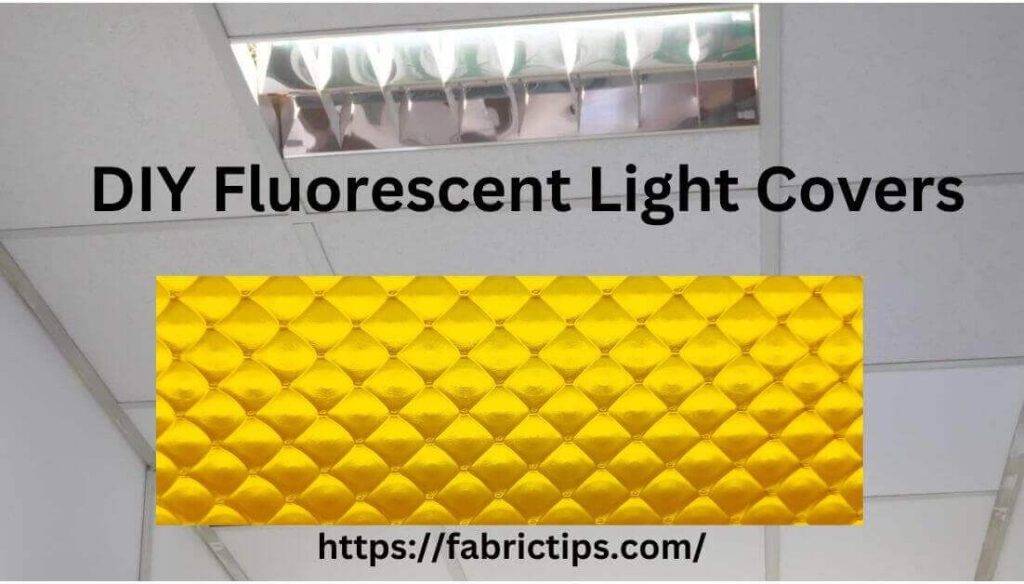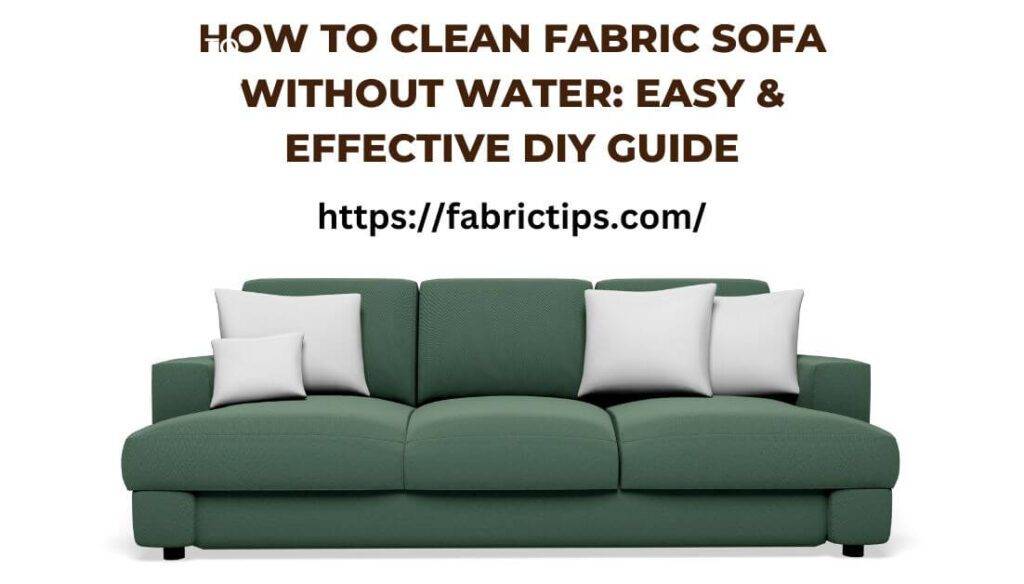Last Updated on February 20, 2025 by Wahid
Bathtub and shower cleaners come in so many varieties, and choosing the right one can be difficult. If you’re looking for what is the best bathtub cleaner, more than 3,000 people have answered our survey.
However, among the top products, we considered their effectiveness, functionality, scent, & overall value. Then, we created a ranking of the 20 best bathtub cleaners to assist you.
20 Best Bathtub Cleaners: In-Depth Analysis
Choosing the right tub & shower cleaner requires knowing the material; otherwise, you may cause costly damage. Thus, materials used in tubs and showers include enameled metal, acrylic, fiberglass, porcelain, tile, marble, granite, and many other natural stones. Well, let’s discuss the top 20 bathtub cleaners in more detail below.
The CLR Spray cleaner is one of the most widely used types of bathrooms cleaner.
Typically, liquid sprays are sold in spray bottles to make application easier. A spray cleaner is convenient because you can apply it directly to surfaces, whereas some may foam to provide better coverage.
No products found.
In many cases, they are designed to get rid of mineral deposits, soap scum, or mildew. CLR offers products that are suitable for all your household needs, such as Spotless Stainless Steel, Healthy Septic System, and Clog-Free Drain.
In your bathtub or shower, you may notice rust-like mineral stains if you have hard water. Equal parts of Heinz Cleaning Vinegar and water can be diluted in a spray bottle. Mix the mixture and spray it over the area you wish to clean, then let it sit and scrub it.
No products found.
It is also recommended to wipe away water after using the faucet regularly to prevent further stains from appearing.
The X-14 stain remover is suitable for cleaning grout, vinyl, tile, or plastic surfaces. A bathroom may have developed stains from mold, mildew, or Serratia marcescens, a pinkish-orange bacteria commonly found within bathrooms. With minimal scrubbing required, it works incredibly quickly.
No products found.
However, because this is a heavy-duty cleaning solution, when using X-14 Professional Mildew Stain Remover, wear protective gloves and keep a well-ventilated area nearby. X-14 should also be sprayed wearing a mask.
Using magic microfiber cloths is the best way to clean bathtubs and showers since they pick up more grime, dirt, and buildup than cotton cleaning rags or sponges.
No products found.
With microfiber clothes, you will notice an immediate and noticeable difference in time & energy spent on the chore, resulting in improved performance.
Mold and mildew can also be removed from your bathtub by this Lysol Power Foaming Cleaning Spray cleaner. Once you’ve cleaned the tub, the solution should be sprayed on and left on for 5 minutes.
No products found.
The mildew may come back after a week, so repeat the process. Even though it is a multi-surface cleaner, you shouldn’t use it on vinyl, including shower curtains and vinyl floors. Additionally, it should not be used on marble, brass, copper, or wax surfaces.
Scrubbing Bubbles Mega Shower Foamer Aerosol foam cleaners have better coverage and adhere better to vertical surfaces than shower cleaners and liquid tubs.
No products found.
Bathtubs can become quite germy, & this option disinfects them effectively. Clorox Bathroom Disinfecting Cleaner is a bleach-free spray that kills 99.99% of bacteria and viruses, including salmonella & staph. Before wiping the product away, let it sit for 10 minutes to disinfect.
No products found.
To clean your tub regularly, simply spray it on, let it sit for a few minutes, then wipe it away. When cleaning tough stains, apply foam completely and let it sit for longer periods before rinsing.
This Scrubbing Bubbles bathtub cleaner is our top pick for avoiding scrubbing. It works especially well on large items such as bathtubs & showers, as it penetrates into crevices without needing to use elbow grease.
No products found.
Our survey respondents didn’t really enjoy the Rainshower scent or the size of the bottle. However, users praised its ease of use, effectiveness, and overall value, even though it is more expensive than other bathtub cleaners.
Many bathtub cleaners produce a harsh smell, so Method’s eucalyptus mint scent makes a welcome change. Our survey respondents liked the peppermint smell, making it the best scent of bathtub cleaner.
No products found.
Additionally, respondents reported that the spray did not require them to scrub their bathtubs. In addition, it cleans rapidly when used daily. However, hard water users might find it isn’t as effective for hard water buildup.
Due to the OxiClean features (which utilize oxygen to clean), the spray foams up to fight grime without the need for extra elbow grease. Despite its lemon scent, some users may find it overwhelming.
No products found.
Showers, bathtubs, sinks, and toilets can all be cleaned with Scrub Free Soap Scum Remover. It works with ceramic, plastic, tile, fiberglass, glass, and vinyl, making it an excellent option for most bathtubs. It works well on soap scum, as well as grease & grime. Plus, hard water buildup shouldn’t be an issue with this product.
Using Mrs. Meyer’s Clean Day Tub and Tile Cleaner will help keep your bathtub clean without bleach. Instead, it contains plant-based ingredients that clean multiple bathroom surfaces like tiles, sinks, toilets, tubs, and showers as well. As a Leaping Bunny-certified product, the spray is cruelty-free.
No products found.
Additionally, it’s non-toxic, making it safe to use around children and pets. It has a pleasant lavender smell, which is better than other cleaners that smell harsher or overpoweringly chemical.
This Bar Keepers Friend Powdered Cleanser uses oxalic acid as the main cleaning agent. It can be applied to stainless steel, ceramic, porcelain, fiberglass, copper alloy, brass, Corian, chrome, bronze, and aluminum surfaces. Nevertheless, be careful when using it on delicate items, like fiberglass, since it can etch them.
No products found.
In case of doubt, use only a small quantity of powder and apply light pressure. Powder can also be used for cleaning kitchens and outdoors. With its lower price, it provides a budget-friendly cleaning solution for eliminating bathtub stains and many other household items.
Typically, Bon Ami Powder Cleanser contains small particles of abrasive material to help remove dirt and grime from bathroom surfaces. Using powder cleaners, water is mixed with the powder into a paste, then applied & scrubbed onto the surface.
No products found.
No dyes, perfumes, or chlorine are used in this powder cleanser. It is usable on cookware, and hard surfaces in the kitchen and bathroom.
When selecting a powder cleanser, be sure to select one that is gentle. Comet, a bleach-containing powder cleanser, cleans more thoroughly than others. Using powder cleansers, which are abrasive, may damage surfaces, so test them in an inconspicuous area before using them.
No products found.
A Comet spray bleach cleaner can be used to sanitize toilets, sinks, tile, chrome, tubs, and fiberglass.
Hiware All-Purpose Shower Squeegee wipes off tiles, mirrors, shower doors, & windows. With its flexible blade, it can work on surfaces that are rippled. To keep your shower clean, invest in a squeegee instead of microfiber cleaning cloths.
No products found.
Using it after showering will help to remove water quickly off the walls, including glass shower doors, preventing bacterial growth and keeping the bathroom cleaner for longer.
The Libman Tornado Spin Mop & Scrub Brush Kit is useful for scouring grout or joints and getting into tiny spaces where bacteria can grow. The Libman Tornado spin mop system comes with a bucket, microfiber mop heads, and a wringer for easy floor cleaning.
No products found.
Three brushes are included: a small scrub brush, a power scrub brush, and a tile & grout brush.
With a pour spout, the spin mop bucket holds 2 gallons. With 100% domestic & imported parts, all Libman bundle products are manufactured in the U.S.A.
If you would like to make your bathroom cleaning efforts more powerful, consider using power drill scrub brushes instead of manual brushes. No matter what you need for home or car cleaning, you will love this brilliant drill brush set!
No products found.
Easily clean stubborn cleaning jobs with the drill brush, which fits most cordless drills. Bristles won’t scratch surfaces, easily remove excess grime, dust, & filth, and have long-lasting cleaning performance as well.
Household gloves are essential when cleaning with harsh cleaning products, especially bleach-based products, to safeguard your hands. The SHOWA 730 Nitrile Cotton Flock-Lined Chemical Resistant Safety Glove is resistant to solvents, animal fats, & other chemicals.
No products found.
The grip and liner are made of bisque and cotton flock, which do not contain silicone. The length is 13 inches, and the thickness is 15 mil. Ideal for use in bathrooms, automotive, municipal services, janitorial, chemical industry, oil & gas.
Even if you have difficulty reaching certain parts of your tub or shower, an extendable scrubber can make a huge difference. Check out the Oxo Good Grips Extendable Tub and Tile Scrubber to see more telescoping scrubbers.
No products found.
This is a great solution for bathtubs, tiles, glass, floors, & narrow spaces. Nylon construction, pivoting head for cleaning from different angles. Furthermore, the pole has a soft grip that does not slip even when wet, and it is lightweight.
If you have a porcelain tub and have hard water corroding the surface, use a Pumie Heavy-Duty Scouring Stick instead of harsh chemicals to clean it. However, enamel tubs, acrylic tubs, and fiberglass tubs shouldn’t be cleaned with them.
No products found.
With this soft abrasive action, you can clean where chemicals cannot. The Pumie Heavy-Duty Scouring Stick removes mineral deposits, stains, rust, and more.
What is the Best Bathtub Cleaner: Buyers Guides
Whenever you’re shopping for bathtub cleaners & what is the best bathtub cleaner, you should consider several factors to ensure you select the right product. Make an informed decision with this buyer’s guide:
Types of Cleaners
Chemical-based Cleaners: Utilizing powerful chemicals such as bleach and acids, these cleaners can effectively eliminate tough stains. However, odors may be emitted during use, and ventilation is required.
Natural or Eco-Friendly Cleaners: By using natural ingredients or substances, natural cleaners are more gentle on the environment & individuals sensitive to harsh chemicals. Regular maintenance may not yield results as impressive as chemical-based cleaners.
Stain Removal Power
Check your bathtub for stains & grime. For stubborn stains such as mold, mildew, or hard water deposits, a stain-fighting cleaner may be required. When it comes to routine cleaning & maintenance, you may be able to get away with using a milder cleaner.
Surface Compatibility
Check the cleaner’s compatibility with your bathtub’s material (e.g., acrylic, porcelain, enamel, fiberglass). Some cleaners can be too rough on delicate surfaces, resulting in scratches and damage. Don’t damage your bathtub by not reading the manufacturer’s instructions.
Safety Precautions
Pay attention to safety warnings and precautions provided on the product label. Chemical-based cleaners can be harmful if ingested or if they come into contact with skin or eyes. Consider using gloves, goggles, and ensuring proper ventilation when using strong chemical cleaners.
Scent and Fragrance
Some cleaners have strong chemical odors that may be unpleasant for some users. If you’re sensitive to smells, consider choosing a cleaner with a mild or pleasant fragrance or opt for fragrance-free options.
Ease of Use
Look for cleaners that are easy to apply and rinse off. Some products come in spray bottles for convenient application, while others may require dilution or mixing before use.
Consider factors like foaminess, viscosity, and whether the cleaner clings to vertical surfaces for better effectiveness.
Environmental Impact
If sustainability is important to you, consider choosing cleaners with eco-friendly formulations and packaging. Look for products with biodegradable ingredients and minimal environmental footprint.
Cost and Value
Compare prices and sizes to determine the best value for your money. While some cleaners may be more expensive upfront, they may offer better performance or require less product per use, making them more cost-effective in the long run.
Ultimately, based on these factors on what is the best bathtub cleaner, you can select a bathtub cleaner that meets your cleaning needs. Always follow the manufacturer’s instructions for best results and to ensure the longevity of your bathtub.
Finally, Why Trust Fabrictips?
Throughout this article, we researched and interviewed cleaning experts and a freelance writer who specializes in home & family products. In compiling this list, we answered what is the best bathtub cleaner and selected the best cleaners made specifically for bathtubs and bathrooms.
FAQs
Will bleach damage a bathtub?
According to a cleaning expert, bleach won’t damage bathtubs. Powdered cleaners with bleach are excellent for removing stubborn stains from porcelain tubs. However, if the owner’s manual is available, it’s always best to read it before starting. To be sure, spot-test a new cleaner on your bathtub before cleaning it thoroughly.
How do you deep clean a bathtub without scrubbing?
Instead of scrubbing your bathtub, you might want to use a foaming cleaner. Experts recommend using a foaming tub and shower cleaner to spray on the grimy surface, soak for a few moments, and then wipe with a melamine sponge under light pressure. Based on the cleaner & stained tub or excessive buildup, you may need to repeat the process.
Can bathtub cleaners be used on other surfaces?
Cleaning products may be designed for specific types of bathtub surfaces, whereas others could be safe for all types. According to a cleaning expert, multi-purpose cleaning products can be used on most surfaces but can ruin marble, natural stone, and varnished or polyurethaned surfaces. Be sure to follow the directions on the bottle and use it only as directed.
What do professionals use to clean showers?
Cleaning professionals use acid-based solutions containing vinegar to remove hard water spots & soap scum. Whenever soap scum is deeply embedded, heavy-duty detergents & degreasers will be used. Cleaning grout with bleach is the best choice for removing mildew and mold.
What is the best way to clean a really dirty shower?
These tips typically suggest using sodium carbonate, white vinegar, or oxygen-based bleach (sodium percarbonate, hydrogen peroxide, or sodium perborate instead of chlorine bleach). Using oxygen-based cleaning solutions is indeed a better alternative since they are eco-friendly & can be highly effective.


